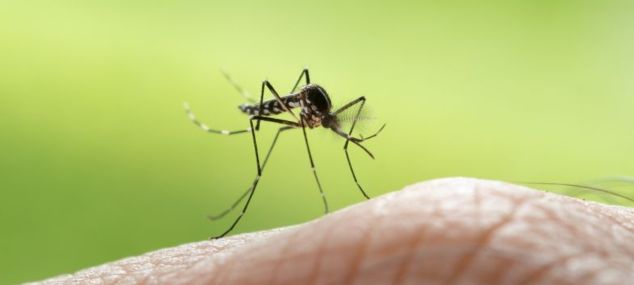
NSW is further expanding and simplifying free access to the Japanese encephalitis (JE) vaccine to ensure residents living in Northern New South Wales Local Health District (NNSWLHD) are protected, as the mosquito season continues.
Kyogle, Lismore, and Richmond Valley are three of five additional Local Government Areas (LGAs) now eligible to provide free JE vaccine. The eligibility criteria for free access has also been simplified to make it easier for people to access the vaccine.
The full list of 60 eligible LGAs is available here: www.health.nsw.gov.au/Infectious/jev/Pages/vaccination.aspx
In NSW, the JE virus vaccine is available for free for people aged two months or older who live or work (including volunteer deployments) in any of the defined high-risk Local Government Areas and are at risk of mosquito bites.
In NSW this year, five people have acquired JE and, sadly, two of these people have died. JE virus is spread by mosquitoes and can infect animals and humans.
JE vaccine is available through local General Practitioners (GPs), Aboriginal health services and pharmacists. People should make an appointment and let the provider know it is for the JE vaccine, as they may require a few days' notice to order the vaccine. Once vaccinated, protection can take up to two weeks to develop.
There is no specific treatment for JE. In some cases, JE can cause severe neurological illness with headache, convulsions, reduced consciousness and death.
As many people will enjoy the great outdoors this long weekend and school holiday period, it is important that people throughout the state protect themselves and their families from mosquitoes. Here are some simple actions you can take:
- Apply repellent to exposed skin. Use repellents that contain DEET, picaridin, or oil of lemon eucalyptus. Check the label for reapplication times.
- Re-apply repellent regularly, particularly after swimming. Always apply SPF 50+ sunscreen first before applying repellent.
- Use repellents that are safe for children. Most skin repellents are safe for use on children aged three months and older. Always check the label for instructions.
- Wear light, loose-fitting long-sleeve shirts, long pants and covered footwear and socks.
- Avoid going outdoors during peak mosquito times, especially dawn and dusk.
- Use insecticide sprays, vapour dispensing units and mosquito coils to repel mosquitoes (mosquito coils should only be used outdoors in well-ventilated areas).
- Cover windows and doors with insect screens and checking there are no gaps.
- Remove items that may collect water such as old tyres and empty pots from around your home to reduce the places where mosquitoes can breed.
- Protect infants aged less than three months by using an infant carrier draped with mosquito netting, secured along the edges.
- While camping, use a tent that has fly screens to prevent mosquitoes entering or sleep under a mosquito net.
For further information and ways to protect yourself visit Mosquito borne diseases.